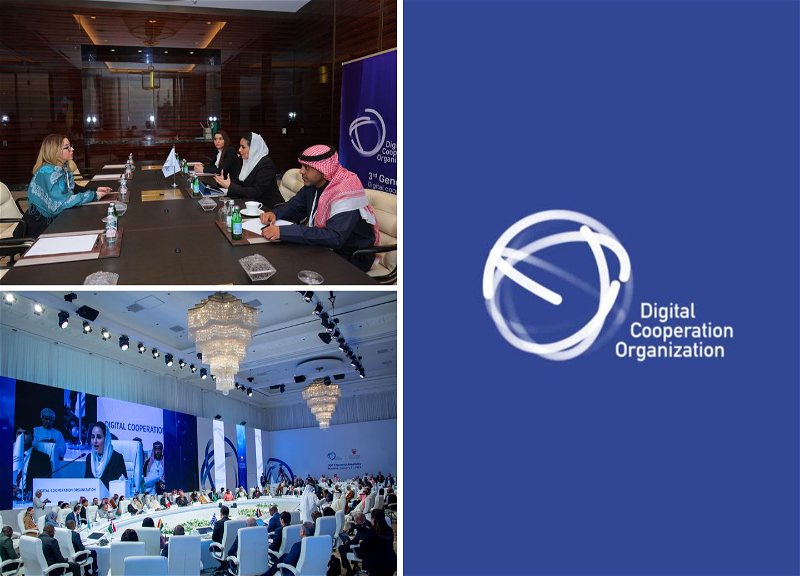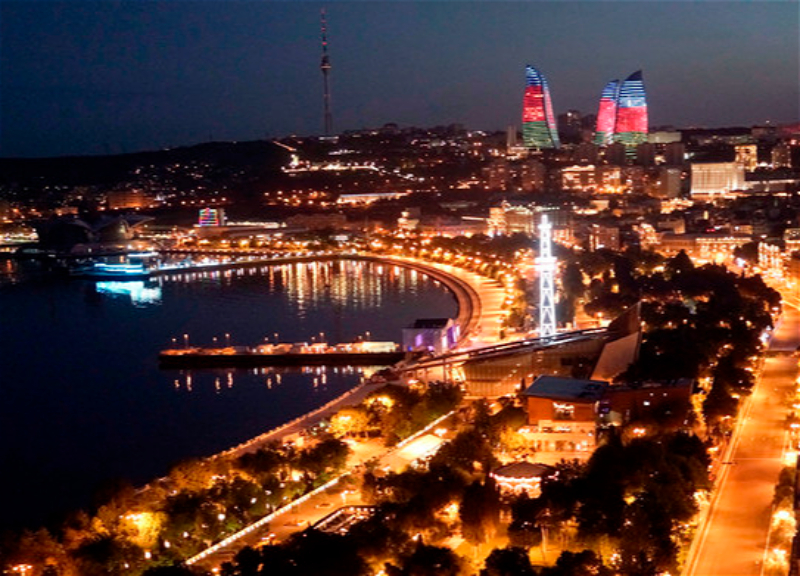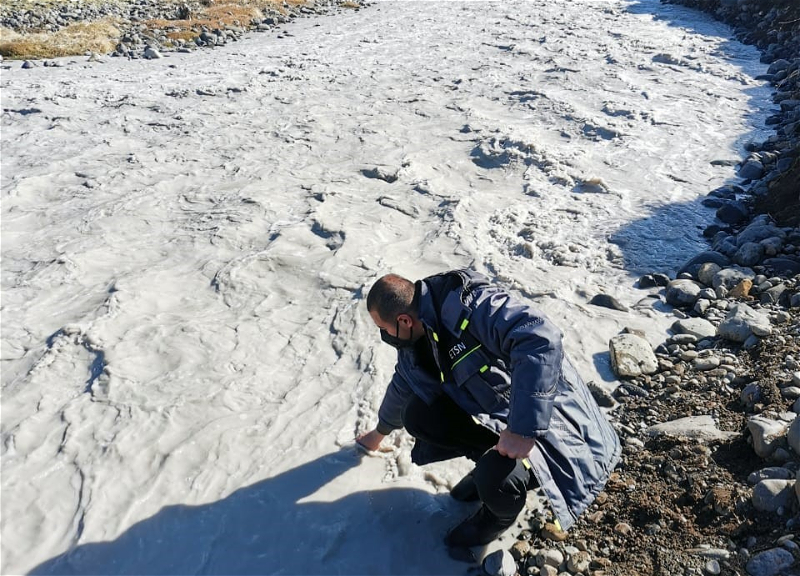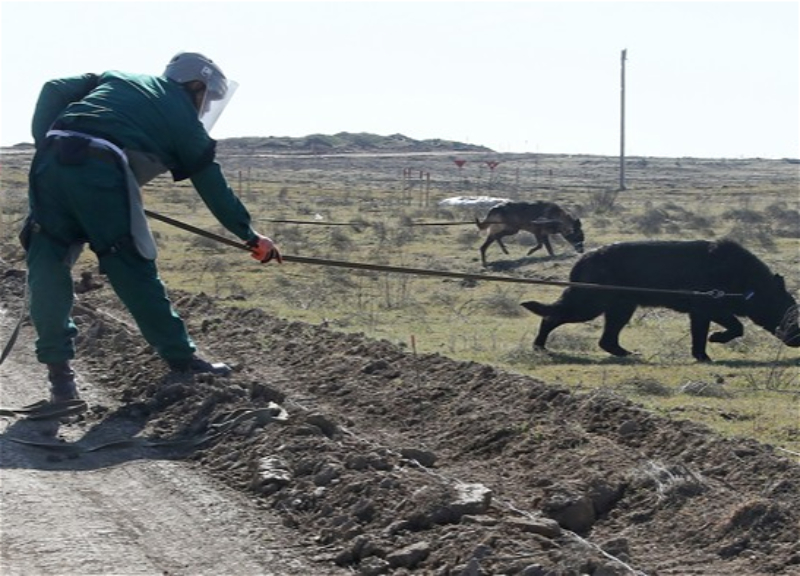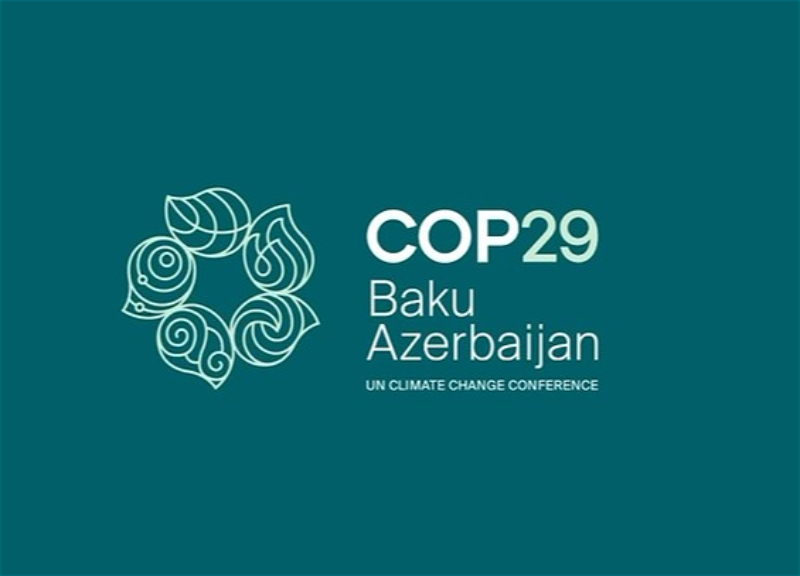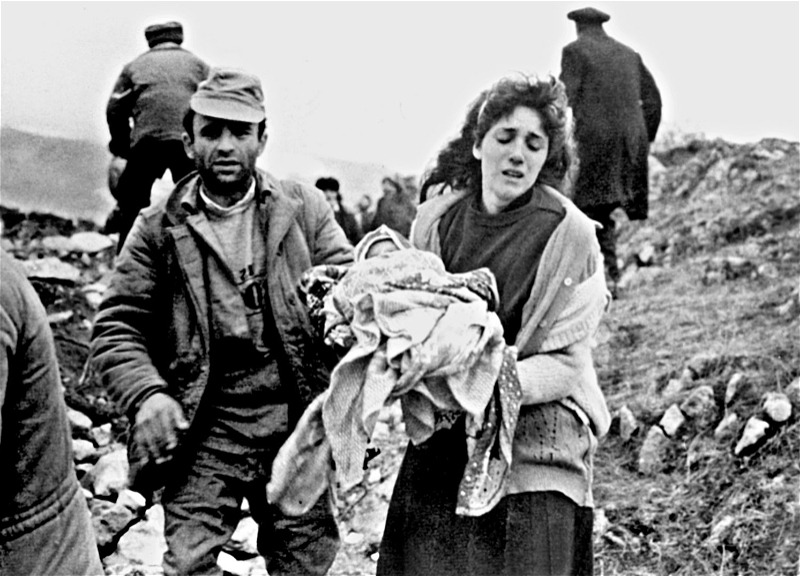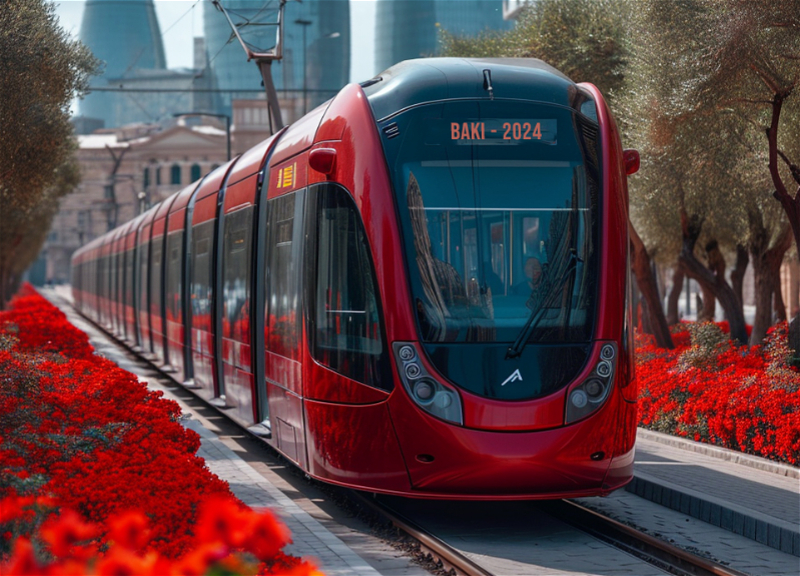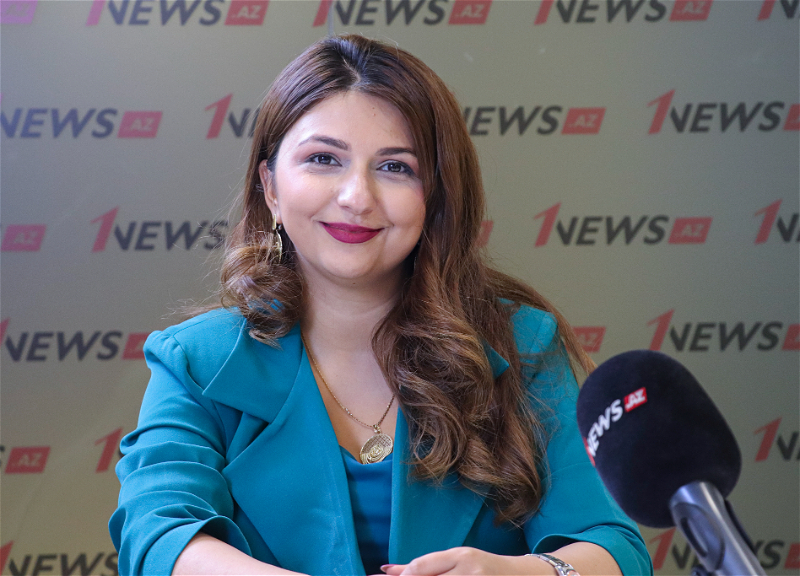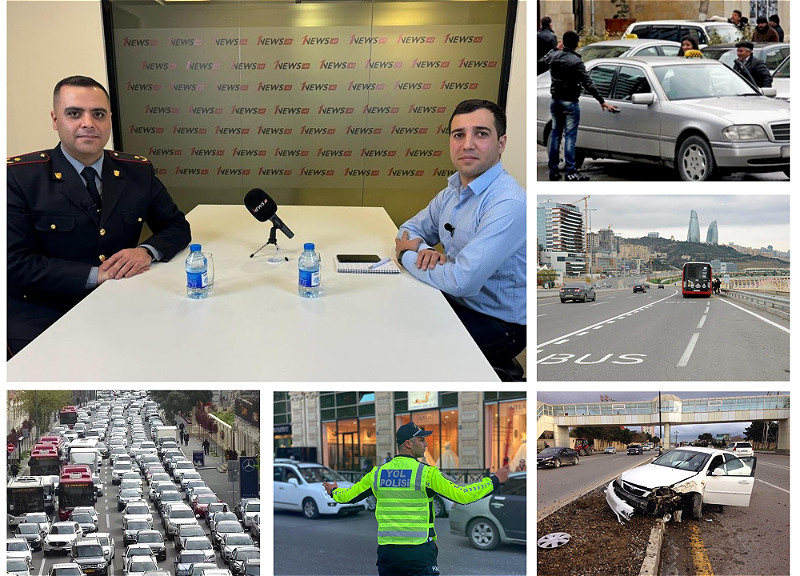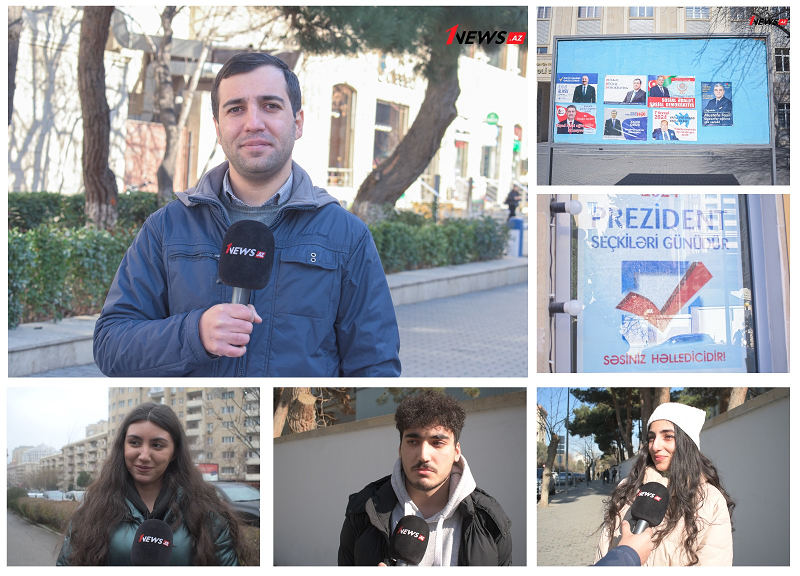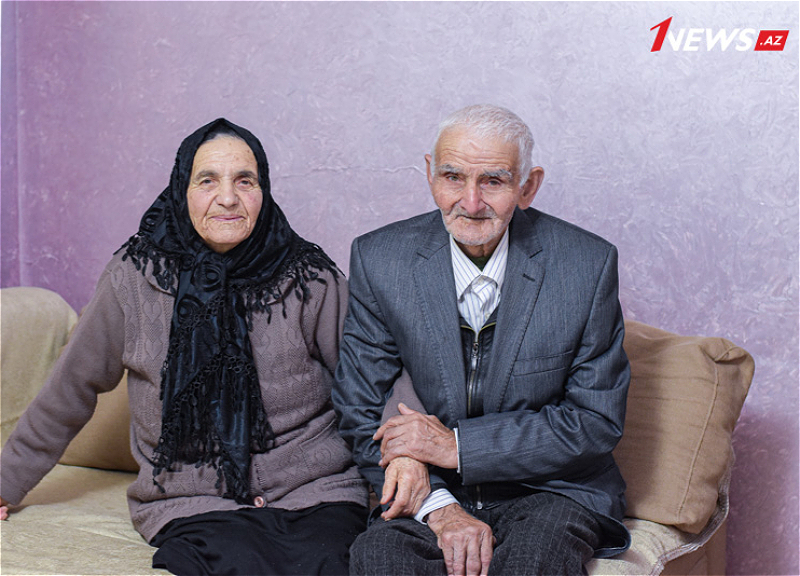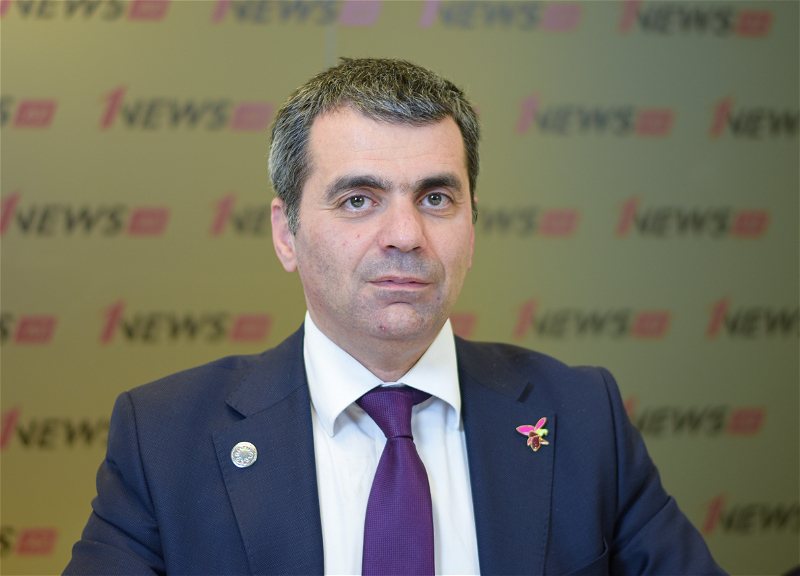The ‘Velvet Revolution’ is affecting Armenia’s ties with Russia
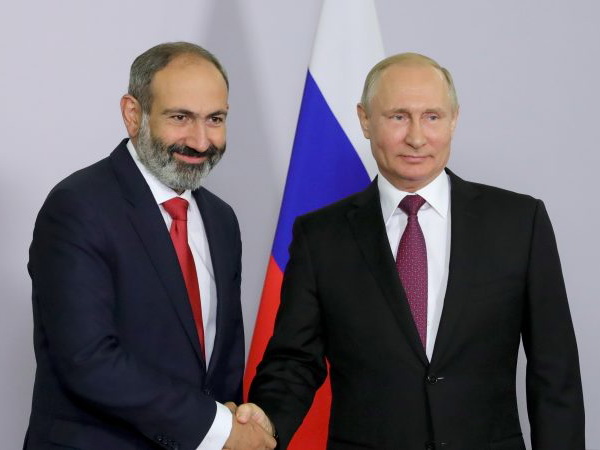
By Vasif Huseynov and Ayaz Rzayev
Although Moscow is aware that the revolution in Armenia had domestic causes, it is not entirely sure that in terms of geopolitics things will remain the same in the future, write Vasif Huseynov and Ayaz Rzayev.
Vasif Huseynov and Ayaz Rzayev are Research Fellows at the Center for Strategic Studies (SAM) in Baku (Azerbaijan).
On 23 April, Armenia’s Prime Minister Serzh Sargsyan stepped down following nearly two weeks of mass protests calling for his resignation. The protests, which went down in history as Velvet Revolution, culminated with the opposition leader Nikol Pashinyan’s rise to the Prime Minister’s office. He is most likely to remain in office following the snap parliamentary elections on 9 December 2018.
As the implications of colored revolutions in the post-Soviet region have not traditionally been limited to domestic politics of their respective states but also have redrawn the geopolitical map of the region, it was widely speculated that the sudden regime change in Armenia would have far-reaching effects on the security dynamics in the South Caucasus, particularly with regards to Armenia’s ties with Russia. Such expectations were also related to the fact that Pashinyan had long been critical of the foreign policies of the previous administration opposing Armenia’s joining the Eurasian Economic Union (EEU) and calling it a “serious threat” to Armenia.
After the revolution Prime Minister Pashinyan made every effort to reassure Moscow that the revolution did not have any ‘geopolitical context’ and was not directed against Russia. He noted that he won’t press for the withdrawal from the EEU because ‘there are realities and facts we all have to take note of’.
He also promised to keep Armenia in the CSTO. Pashinyan insisted that CSTO membership is in line with the Armenian national interests and pointed out that he will push towards making the organization more effective so that it provides ‘additional security guarantees for Armenia and Karabakh’.
Nevertheless, the uncertainty in the future of the regional international politics generated by the revolution remains and compels Russia to consider all potential scenarios. Although Moscow is keenly aware that the revolution in Armenia had domestic causes largely isolated from geopolitical situation, it is not entirely sure that things will remain the same in the future.
Pashinyan’s reassurances that there won’t be any major change in Armenia’s foreign policy do little to eliminate all the Kremlin’s doubts about the current government. The “color revolutions,” however Russia-friendly their leaders may seem, signify growing influence of the general public on foreign policy that is mostly unpredictable and invoke the perception of the Western encroachment on Russia’s sphere of influence.
Russia is worried about the influence of societal actors in Armenia’s foreign policy agenda after the revolution, which could complicate the current situation. There is an alarming feeling in Armenia that strategic alignment with Russia did not live up to the expectations in the areas of security and economy.
Economically, positive effects of Armenia’s membership in the Eurasian Economic Union has so far been dubious with the Armenian economy becoming more sensitive to volatilities in Russian economy. Strategically, the Four-Day War in April 2016 added to the growing perception that the alliance with Russia has largely failed to deliver. That’s why Russia’s favorability rating in Armenia has taken a hit in the last few years.
Recent tensions in bilateral relations over the prosecution of former President Robert Kocharian and former Chief of the General Staff Yuri Khachaturov, who currently chairs CSTO, exemplified Russia’s distrust in Pashinyan’s Armenia. While the US ambassador to Armenia supported the investigation, Russia criticized ‘politically motivated’ prosecutions with Foreign Minister Sergey Lavrov insisting that they ran counter to the current government’s pledges not to ‘persecute its predecessors for political motives.’ Russia also refused to hand over former Armenian defense minister Mikael Arutyunyan declared wanted in Armenia.
Another contentious issue in bilateral relations is South Caucasian Railway Company (SCR), a subsidiary of Russian state-owned railroad company, which operates Armenian railway system. On 15 August, the company offices in Yerevan were raided by the Armenian authorities, which subsequently accused the company of widespread irregularities amounting $60 million.
The price for natural gas imported from Russia also appears to be a highly sensitive matter in current bilateral relations. While the ongoing gas contract with Gazprom expires at the end of this year, the Armenian government announced that they will seek to renegotiate gas tariffs with Russia which are already substantially lower than the price that Russia charges European consumers. The announcement came amid reports that Russia actually mulls over raising natural gas tariffs for Armenia. On both issues, Russia has not officially commented so far.
Having said all of this, the rise of young Western-oriented politicians to power in Armenia has not brought about radical pro-Western changes in foreign policy, akin to the aftermath of Georgia’s Rose or Ukraine’s Euromaidan revolutions. On the contrary, there are signs that the new government is taking even more steps than the previous governments to accommodate Russian interests.
While the government of Serzh Sargsyan managed to avoid being drawn into the Syrian conflict, Nikol Pashinyan, following his meeting with Vladimir Putin in Moscow on 8 September, announced that Armenia and Russia will “implement a joint humanitarian program” in Syria. Although Pashinyan stressed that the mission won’t have a military component, in reality Armenia’s contingent will consist entirely of defense ministry personnel.
In the end, even if Armenia’s current government pursues some closer links with the West, it is not likely to follow the path previously taken by its northern neighbor Georgia under Mikheil Saakashvili (2004-2013).
While in Georgia, the “Georgia in Europe” narrative was increasingly utiliSed even before the Revolution of Roses, in Armenia, a strong degree of continuity based on the alliance with Russia is a long-established state policy that would be very difficult to be reversed by a single government.
Nor, given Armenia’s heavy reliance on Russia both economically and militarily, are serious changes in foreign policy strategies of Armenia likely to happen after the general elections in December.
Therefore, more than the new Armenian government, it will ultimately be up to Russia whether it allows Yerevan to retain some acceptable level of strategic quasi-autonomy.
